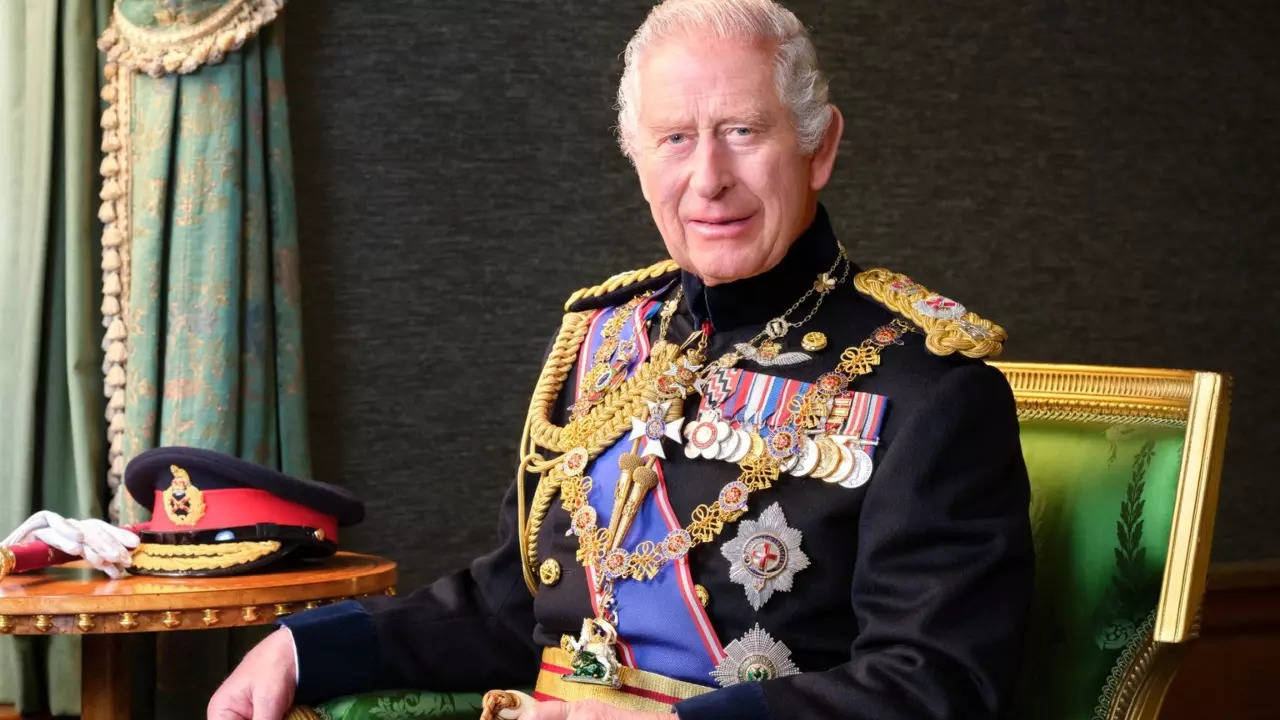Elon Musk's Neuralink Brain Chip Implant "More Or Less Stable" In 1st Patient
The tiny wires of Neuralink's brain chip implant used in the first participant in a trial run by Elon Musk's company have become "more or less very stable", a company executive said on Wednesday.

The tiny wires of Neuralink's brain chip implant used in the first participant in a trial run by Elon Musk's company have become "more or less very stable", a company executive said on Wednesday.
The company had in May said that a number of tiny wires inside the brain of Noland Arbaugh, who is paralyzed from the shoulders down due to a 2016 diving accident, had pulled out of position.
"Once you do the brain surgery it takes some time for the tissues to come in and anchor the threads in place, and once that happens, everything has been stable," said Neuralink executive Dongjin "D.J." Seo.
So far, Arbaugh, based in Arizona, was the only patient to have received the implant, but Musk said he hopes to have participants in the high single digits this year.
The company is now taking risk mitigation measures such as skull sculpting and reducing carbon dioxide concentration in the blood to normal levels in patients, the company's executives said in a live stream on social media platform X.
"In upcoming implants, our plan is to sculpt the surface of the skull very intentionally to minimize the gap under the implant... that will put it closer to the brain and eliminate some of the tension on the threads," Matthew MacDougall, Neuralink's head of neurosurgery, said.
Neuralink is testing its implant to give paralyzed patients the ability to use digital devices by thinking alone. The device works by using tiny wires, which are thinner than a human hair, to capture signals from the brain and translating those into actions such as moving a mouse cursor on a computer screen.
Musk said during the livestream that the device doesn't harm the brain. The U.S. Food and Drug Administration, in initially considering the device years ago, had raised safety concerns, but ultimately granted the company a green light last year to begin human trials.
So far, the device has allowed Arbaugh to play video games, browse the internet and move a cursor on his laptop by thinking alone, according to the company's blog posts and videos.
Neuralink is also working on a new device that it believes will require half the number of electrodes to be implanted in the brain to make it more efficient and powerful, the executives said.
(Except for the headline, this story has not been edited by NDTV staff and is published from a syndicated feed.)



































![Safari Thorium Neo 8-Wheel Luggage Set Trolley Bags (Set of 3) at just Rs. 5,599 [MRP 29,100]](https://savefree.in/uploads/images/202409/image_870x580_66f63845060f0.webp?#)












![Handmade Brown Mango Wood Chopping Board At just Rs. 89 [MRP 599]](http://savefree.in/uploads/images/202303/image_870x580_641bf7e9c2206.jpg?#)


